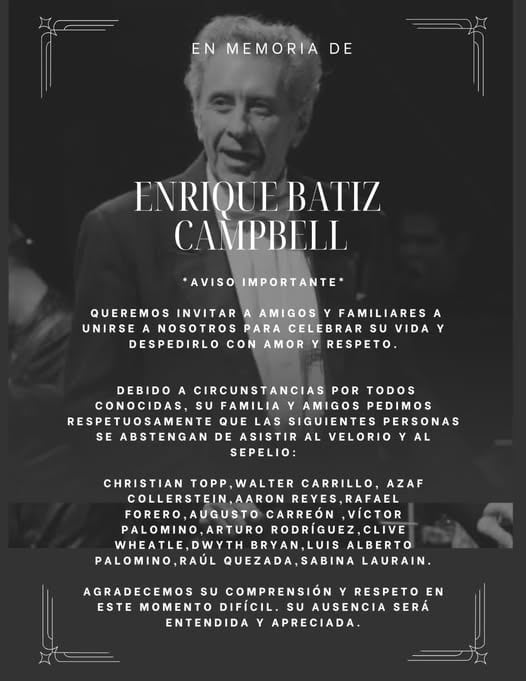Why no US writer speaks out for Domingo…
main… and no Spanish writer condemns him.
The world has gone binary: you are either anti-Domingo or pro.
Writers in the land of the free live in fear of mob waves of mass opinion. Those in older societies are terrified to confront establishments. The case of Placido Domingo, named as a sex-pest by eight unnamed women, highlights the current conundrum.
Major US newspapers have published a Domingo takedown by the Associated Press without challenging its premises, or following up with a balanced analysis. The Met is being called upon to end his career. The company’s position – to wait for a legal report from LA Opera before making any decision – is tenuous and interesting. No writer in any US medium has highlighted its dilemma. Knowledgeable writers find themselves unwilling to go against the condemnatory grain.
In Spain, where Domingo is a national hero, an opposite view has been imposed: Domingo can do no wrong. Across Europe, his position is unharmed. The Berlin State Opera, headed by his friend Daniel Barenboim, has just confirmed his participation in the coming season. The Arena di Verona is celebrating his jubilee in its stadium. La Scala, Covent Garden and others are singing his praises.
So where is the informed and balanced view?
Let’s face some facts. Domingo is no hero. He has been pestering women for years. He has been vain, greedy and tiresome since his tenor voice faded. He keeps demanding baritone roles, while also conducting and directing operas for which he has no exceptional talent. In doing so he denies opportunities to others and clogs the channels of career development. He held on far too long at Washington National Opera and still clings to power at LA Opera. He has promoted members of his family. He mingles with corrupt sports officials and political dictators.
He’s 78. Hanging on does not improve his image for posterity. It’s time for him to go with grace.
That said, Domingo remains a major box-office asset, one of the few universally recognisable operatic names. He is congenial to colleagues and frequently kind. Many young artists have benefitted from his time and his advice. He has a considerable social conscience and spreads his wealth to good causes, while also splashing it on private jets and commensurate luxuries.
There are many sides to Placido Domingo and many human aspects to his present situation. They are not being exposed or discussed with the reason and the information that we have a right to expect from a free press.

UPDATE: A singular exception is this LA Times article by Mark Swed, striving to present an argument that is both informed and balanced.






Comments